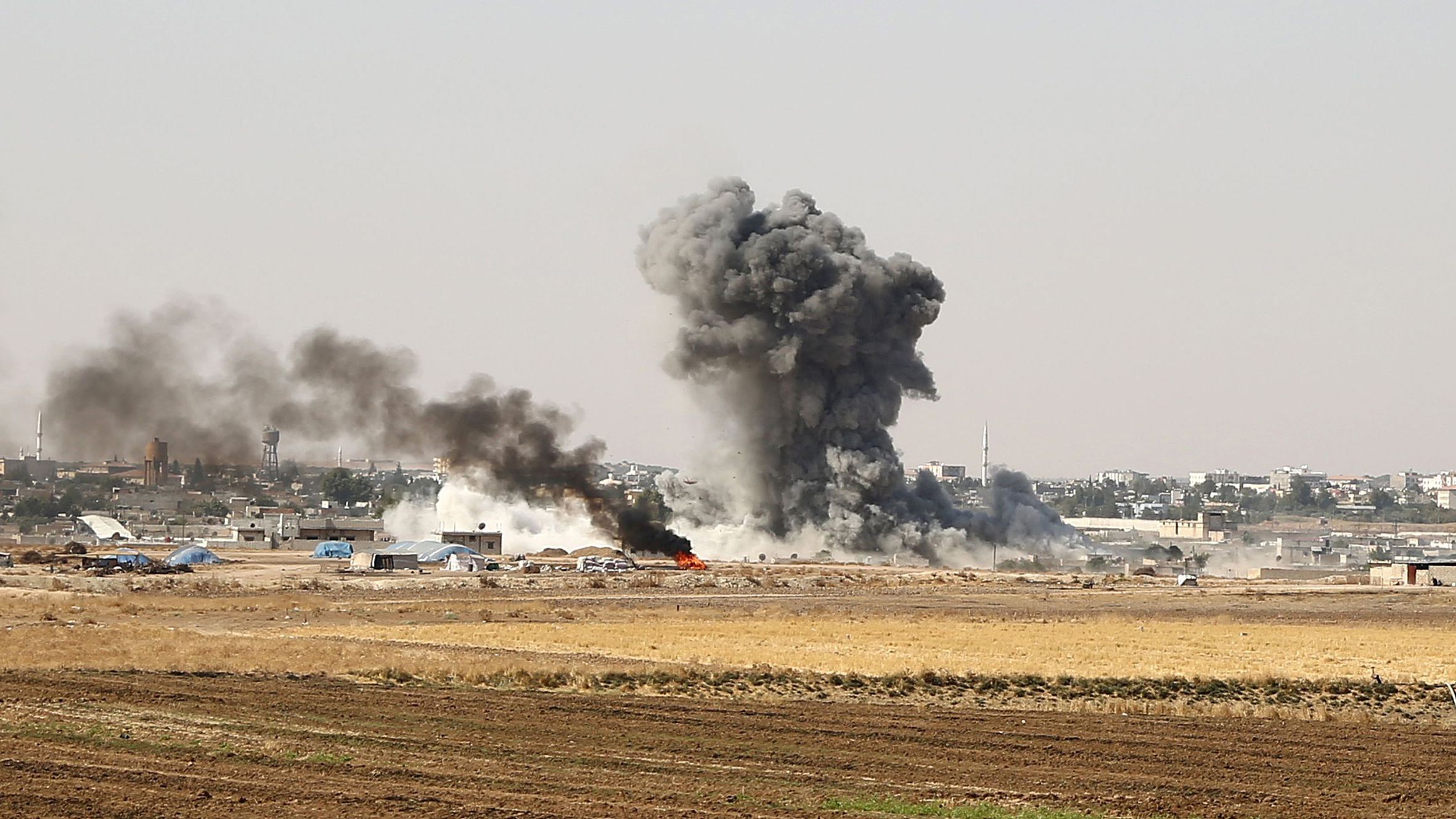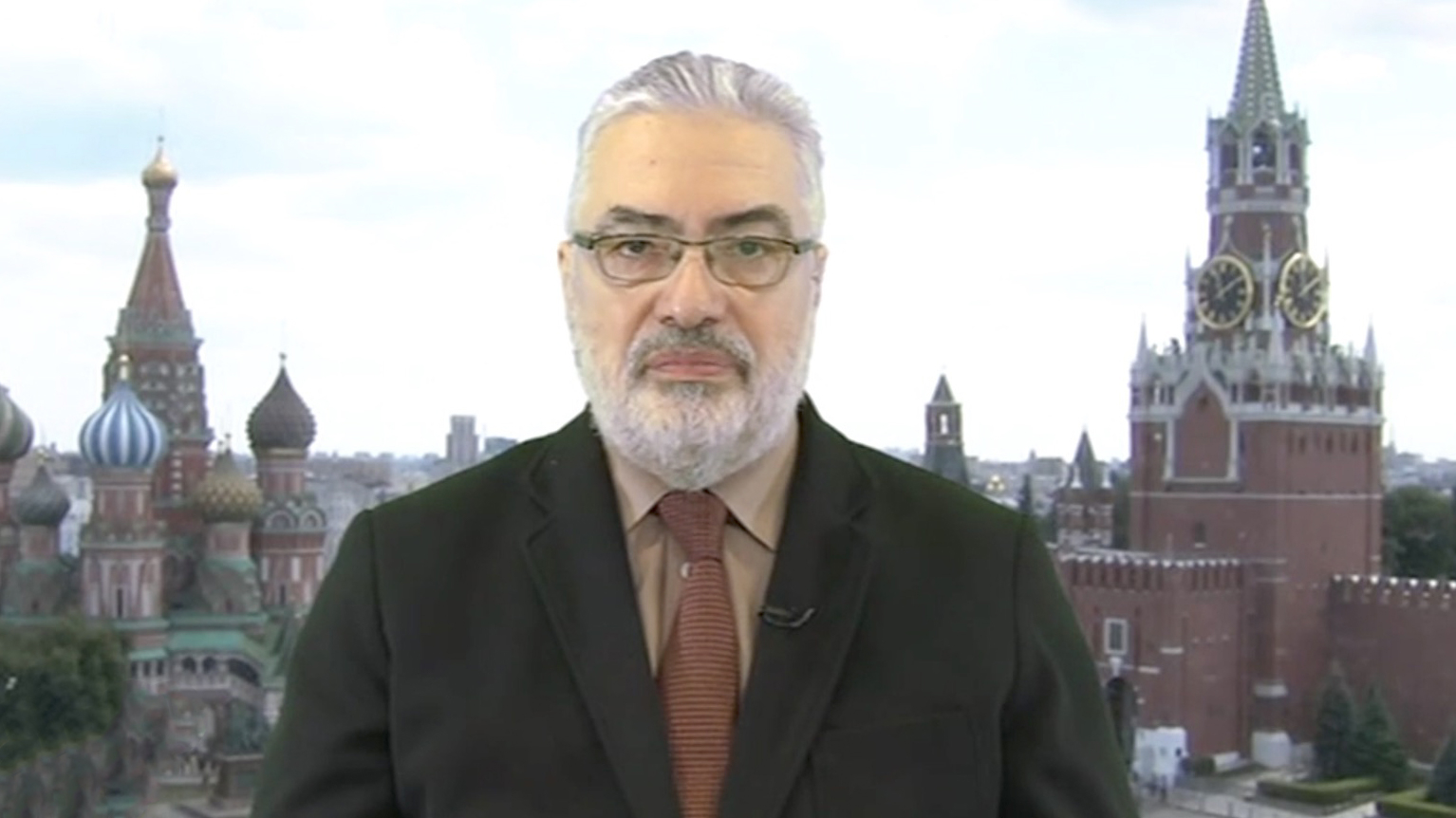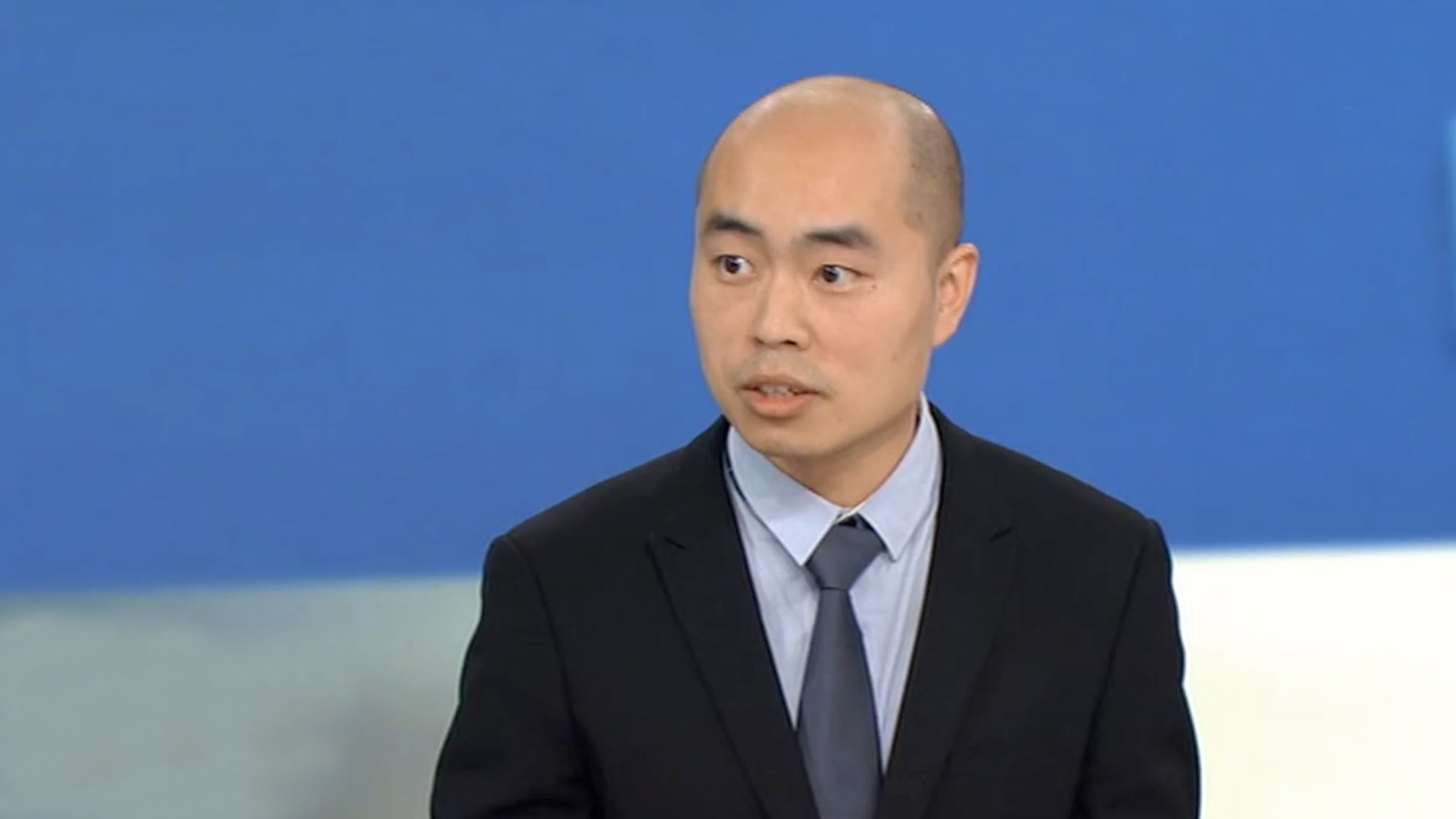00:38

Heavy clashes are now taking place between Turkish and Kurdish fighters. American President Donald Trump imposed sanctions on Turkey and warned he would "devastate Turkey's economy." But in the meantime, Kurdish-led forces reached a deal with the Assad government in the face of the Turkish offensive.
So, how will that change the already complex regional situation?
Regarding the mixed signals by the U.S. administration, Einar Tangen, current affairs commentator, considered this "an empty threat." Donald Trump, on the one hand, is worried about the death of U.S. soldiers that would have serious consequences as both the U.S. and Turkey are members of NATO, and also fears public reactions against him. Thus, at this point, he needed to get his troops out of the area to mollify people by his judgment to protect these people.
Meir Javendanfar, a Middle East analyst, claimed that Donald Trump no longer cares about American credibility in this region. He explained that the U.S. role and commitment in the Middle East are not going to win votes for Donald Trump; the U.S. does not import shale oil from the region and is concerned about the costly wars in Iraq and Afghanistan. Therefore, he believes more Americans want to forget about this region and Trump is capitalizing on this.
Regarding Russia's stance in the Syria crisis, Russian defense analyst Pavel Felgenhauer said that Russia's force in Syria won't step up its support for the Syrian army and it does not have the means to stop the Turks.
But, Felgenhauer said Russia and Syria want to take the south area where there are big deposits of mineral resources and gas and oil that can bring a source of income for the Bashar al-Assad government. And Iran is running out of money and Russia wants to spend less. He further explained that it is more likely to carve up some quid pro quo with the Turks—they take the north, and Russia and Syria take the south.
01:20

Wang Jin, associate professor at the Northwest University of China, didn't believe that Erdogan has any exit plan at this stage, and it's difficult for him to withdraw in the future: he has recourse to a large army, and the military operation is popular domestically.
Wang stressed that if a buffer zone is his objective, he has to spend a lot of money to establish the local government influenced by Turkey. After that, Erdogan will also be required to maintain this "local government" thing to be protected by the Turkish forces, which also needs many years to accomplish. Otherwise, he said he doesn't think Turkey would have started this military action now.
01:47

Dialogue With Yang Rui is a prime time daily English talk show on CGTN. The 30-minute talk show covers a wide range of domestic and international topics, providing a balanced and critical perspective on current affairs and analysis within the framework of cross-cultural and multi-disciplinary comparisons.
Schedule: Monday-Sunday
Time (GMT): 0330, 1130, 1930
(If you want to contribute and have specific expertise, please contact us at opinions@cgtn.com.)